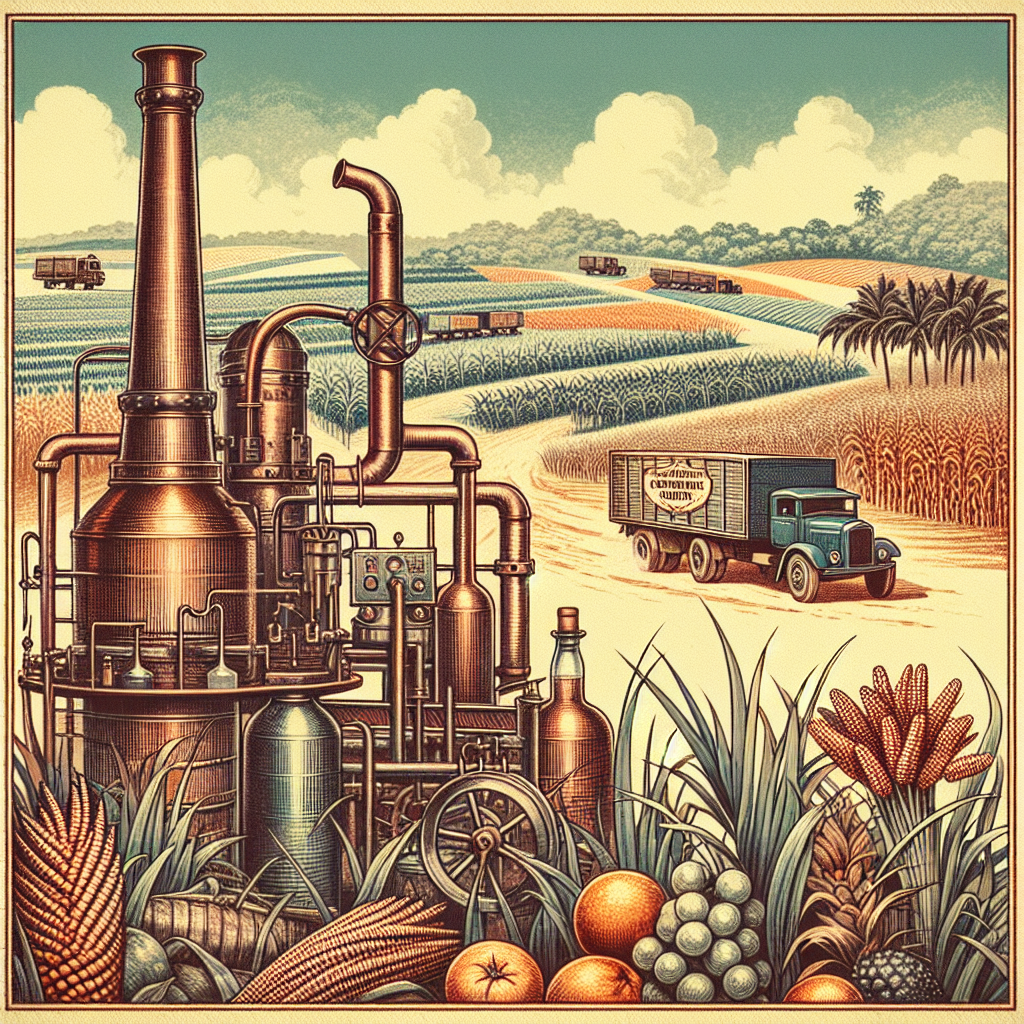IMF's Insightful Take on Industrial Policies
The IMF's report highlights the complexity of industrial policies aimed at economic reshaping. Analyzing nations like Brazil, South Korea, and China, the report underlines the need for structural reforms alongside subsidies. Despite their potential benefits, poorly crafted policies can drive up consumer costs and misallocate resources.

Industrial policies have become increasingly utilized by countries aiming to reshape their economies, reports the International Monetary Fund (IMF) in its latest analysis. The Fund identifies the potential pitfalls of such policies, warning that without accompanying structural reforms, these initiatives can inflate consumer prices and misallocate resources.
The IMF chapter, focusing on regions like the European Union, China, Brazil, and South Korea, emphasizes that subsidies should be strategically crafted. It notes that, while subsidies can bolster targeted sectors, they must align with clear goals and be integrated with broader economic reforms to prevent adverse effects.
Highlighting global trends, the report observes a growing reliance on industrial policies amid geopolitical tensions and supply chain concerns. However, the IMF stresses the importance of precisely evaluating and recalibrating such initiatives to enhance the business environment and foster sustainable growth.
(With inputs from agencies.)
ALSO READ
Brazil's Tax Overhaul: A Win for Social Justice
Brazil Ratifies ILO Protocol to Strengthen Global Fight Against Forced Labour
South Korea and U.S. Near Breakthrough in Security and Tariff Negotiations
South Korea's Strategic Moves: Trade Deals and Security Pacts Await U.S. Approval
Vinícius Júnior Returns for Brazil's Asian Friendlies










